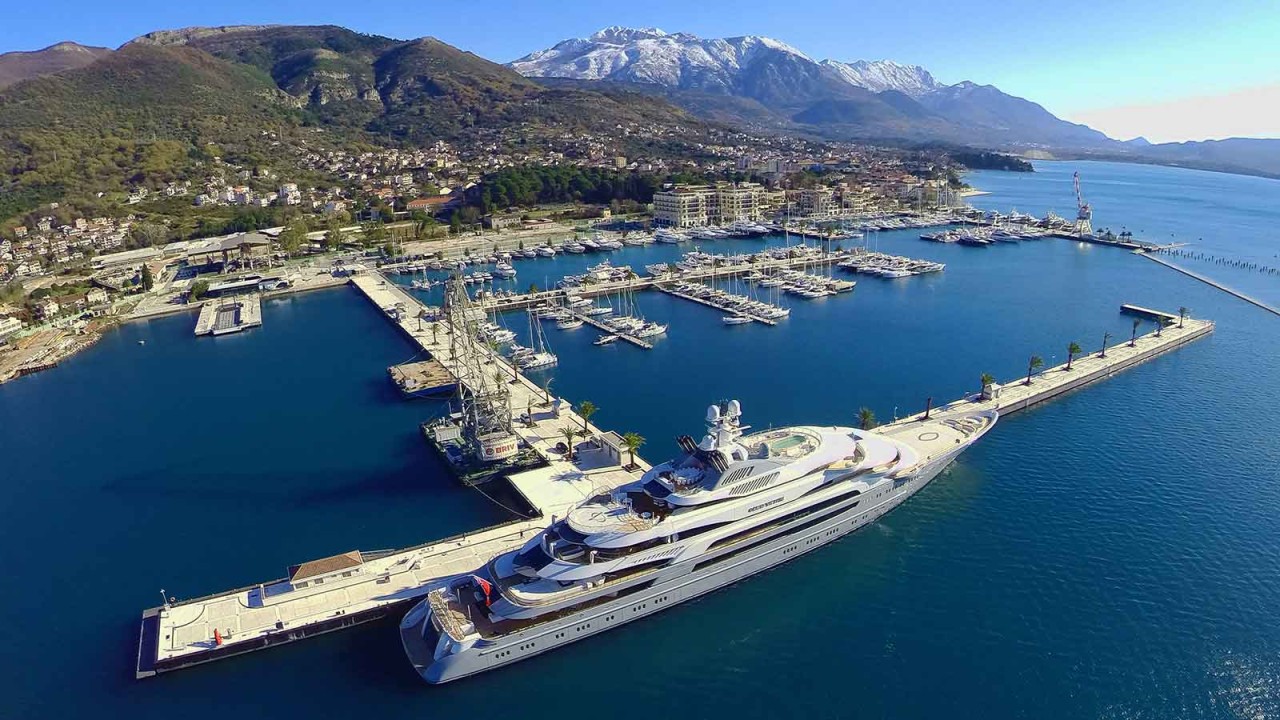prekforalldc.org – Montenegro, a small, open economy with aspirations to join the European Union (EU) by 2025, faces a unique set of challenges and opportunities in its quest for economic development. This article explores these challenges and opportunities, drawing from recent reports and analyses by the World Bank and other international organizations.
Challenges
- Fiscal Sustainability and Public Debt: Montenegro’s economy is heavily reliant on capital inflows from abroad, which makes it vulnerable to external shocks. The country also struggles with rapidly rising public debt and high fiscal deficits, which pose significant challenges to fiscal sustainability.
- State-Owned Enterprises and Public Spending: The transition to a market economy requires a reduction in the state’s footprint in the economy. This includes restructuring state-owned enterprises (SOEs) and rationalizing public spending to reduce the cost of the state.
- External Imbalances and Unemployment: High external imbalances and high unemployment rates are of particular concern. The economy is also challenged by large-scale public infrastructure investments and new expensive social expenditure programs, which further strain fiscal sustainability.
- Income Inequality: Significant income inequality affects upward mobility and limits Montenegro’s potential for sustainable growth.
Opportunities
- EU Integration: Montenegro’s aspiration to join the EU by 2025 offers significant opportunities for economic development. This includes access to EU funds and the adoption of EU-compatible legal frameworks and regulatory bodies, which require substantial capacity building.
- Tourism and International Trade: The country’s economy has shown strong recovery, particularly in tourism, which has been a significant driver of growth. Montenegro’s GDP witnessed a commendable growth rate of 6% in 2023, the highest among Western Balkan countries, driven by positive trends in foreign direct investment (FDI) and trade.
- Circular Economy: The circular economy model presents a promising path for green economic growth and development. This approach turns challenges into opportunities by promoting sustainable practices and reducing environmental impact.
- Human Capital Development: Improving human capital by reducing inequality of opportunity is crucial for Montenegro’s long-term economic development. This includes enhancing education and skills training to foster a more equitable society.
- Digital Transformation: Montenegro has strong underpinnings in widespread internet connectivity, which offers opportunities to transform its economic, educational, and e-government sectors. This digital transformation can enhance efficiency and competitiveness.
Conclusion
Montenegro’s economic development journey is fraught with challenges, including fiscal sustainability issues, income inequality, and the need for structural reforms. However, the country also has significant opportunities, particularly through EU integration, tourism, the circular economy, human capital development, and digital transformation. Addressing these challenges and leveraging the opportunities will be crucial for Montenegro’s economic growth and development in the coming years.
